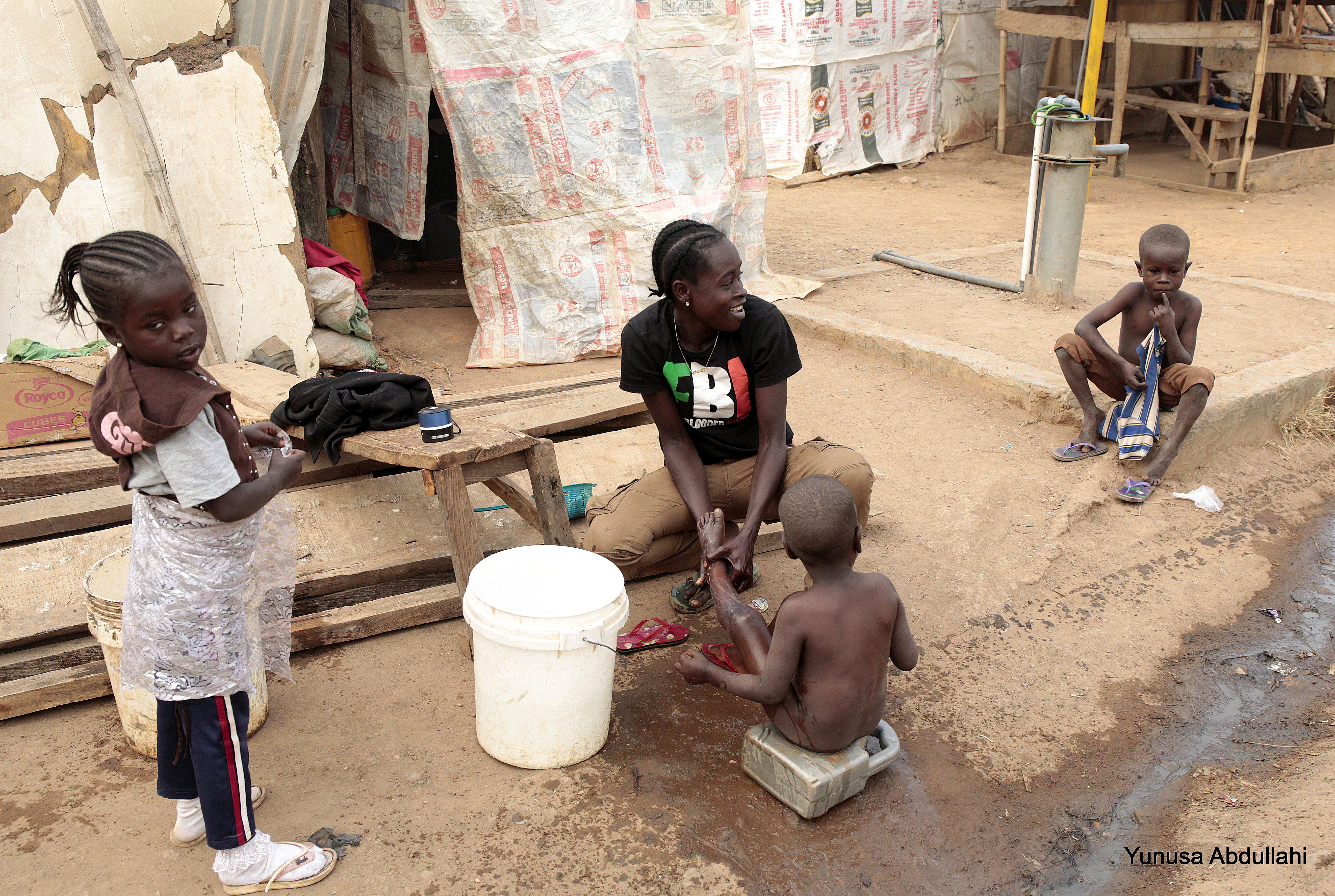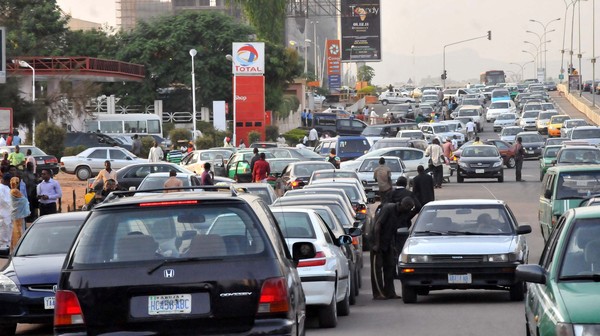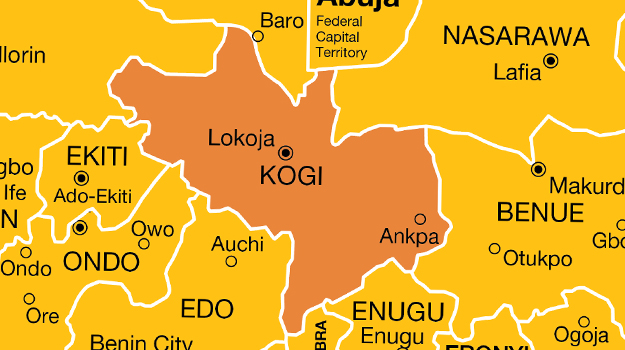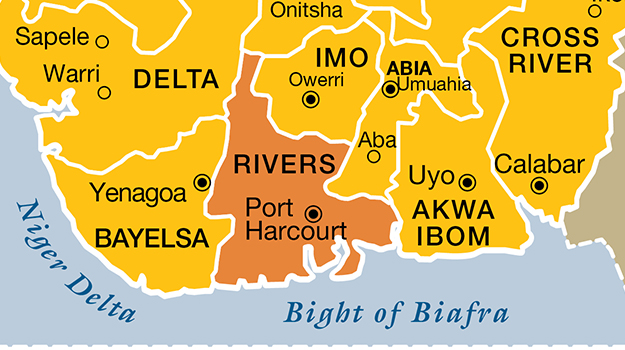There is no place like home. Life must be extremely hard for the internally displaced persons (IDPs) who are now refugees in their own country, no thanks to the Boko Haram insurgency in the north-eastern states of Borno, Adamawa and Yobe. The worst hit, of course, is Borno.
The Kuchingoro IDP camp in Abuja is populated by the fleeing people of Borno state and most of them, curiously, are from Gwoza LGA, the senatorial district of Ali Ndume, senate leader.
Curiously also, both the governor, Kashim Shettima, and Ndume are yet to visit the camp. Shettima comes to Abuja regularly, while Ndume spends at least three days in Abuja on a weekly basis.
The campers have been at the village for close to two years and they number about 960, comprising men, women, children and the aged. Facilities are virtually not available and the few overstretched. Their homes are made of make-shift polythene bags, cartons and woods. There are basically no amenities at the camp, except a make-shift toilet built by the Australian government. The school is an open space with just canopies, with the desks and tables provided by the Australians.
Advertisement
Water and electricity are, however, available, thanks to the solar powered system. A small portacabin serves as the office of the administration of the camp, with a small space of 6×8 serving as the clinic. There is a doctor who commutes to the camp three times in a week. He is being paid by Theophilus Danjuma, former army chief and former minister of defence.
Despite all the problems in the camp, security is provided round the clock by the police divisional office at Lugbe. The deputy superintendent of police, Uket Ofem Oboma, who is in charge at the camp, told TheCable: “We don’t have any problem at the camp security-wise because all the people know each other.”
While the federal and state government are making efforts to alleviate the plight of the IDPs in Borno and its environs, there is a complete lack of federal or state presence at the Kuchingoro IDP camp. The sheer desperation on the faces of the campers is getting out of hand. The camp is barely habitable; any outbreak of disease will be catastrophic as open sewage and faeces litter the environment.
Advertisement
Children and pregnant women are the most vulnerable as facilities are not available for their immediate needs.
However, there has been growing support from individuals, groups and some agencies to assist the IDPs.
PHOTOS: Yunusa Abdullahi
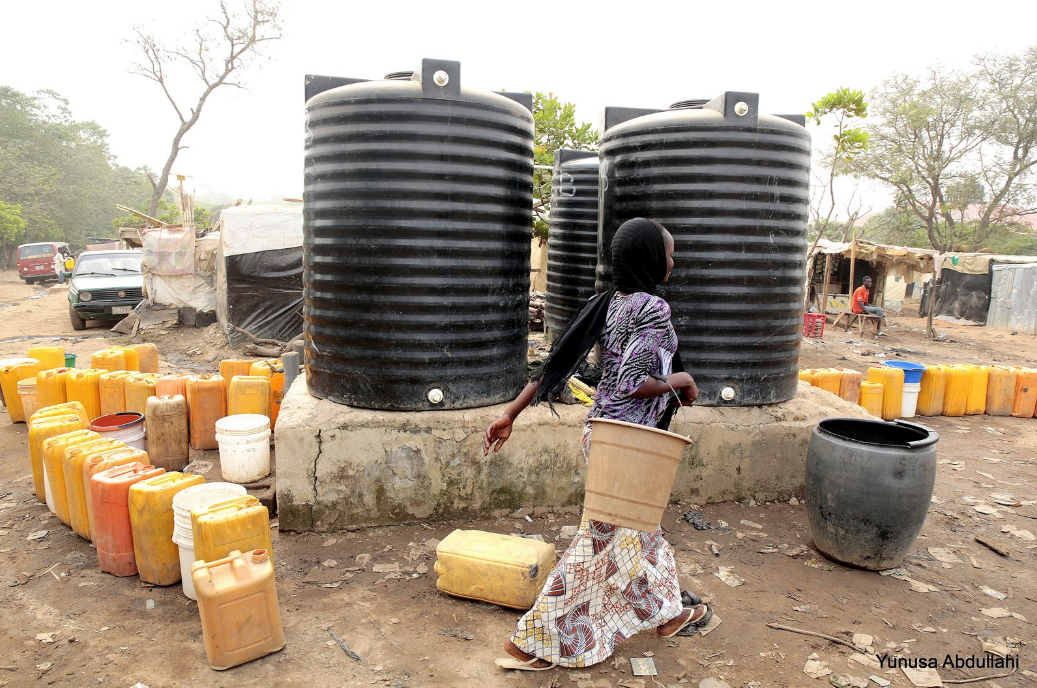
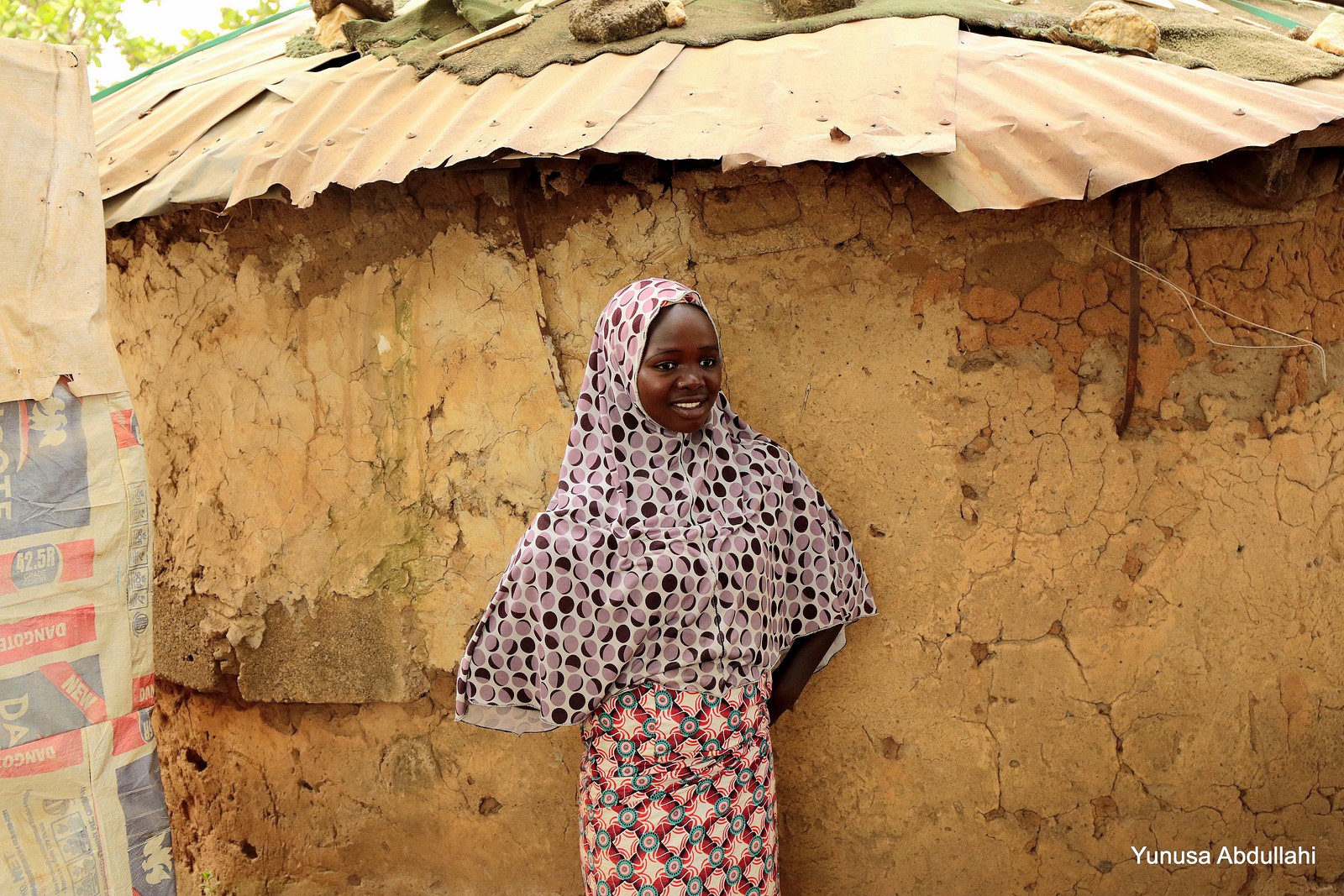
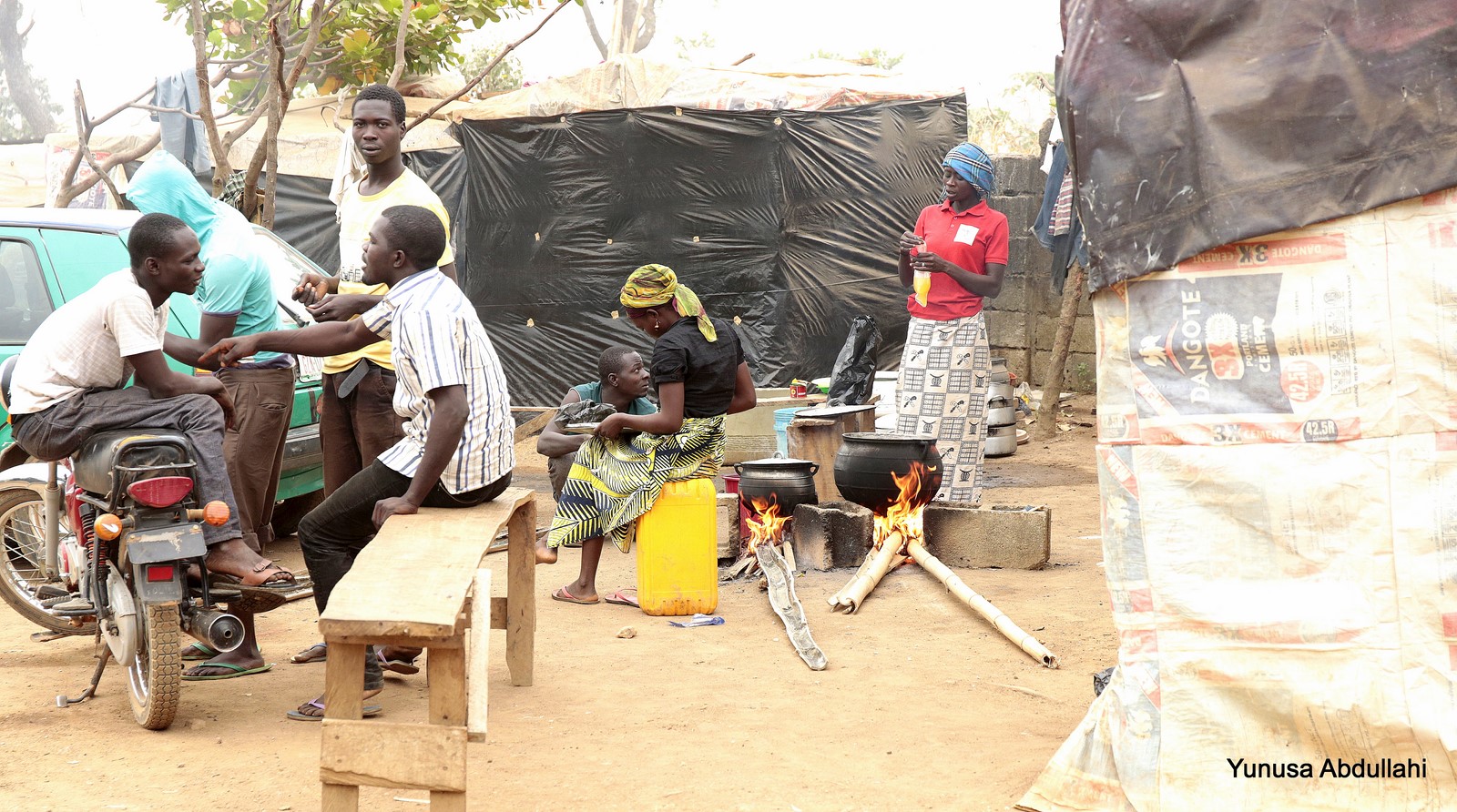
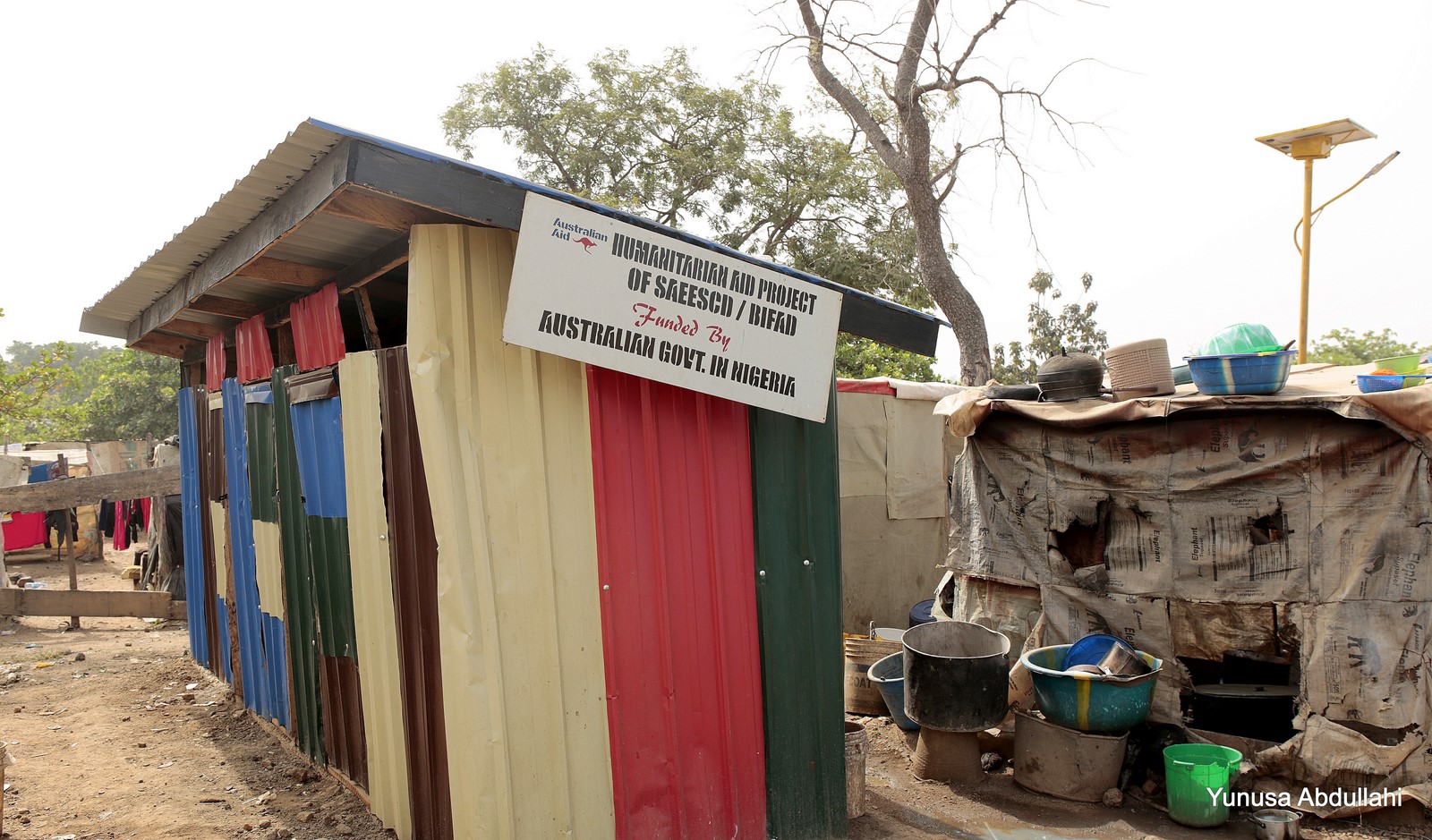
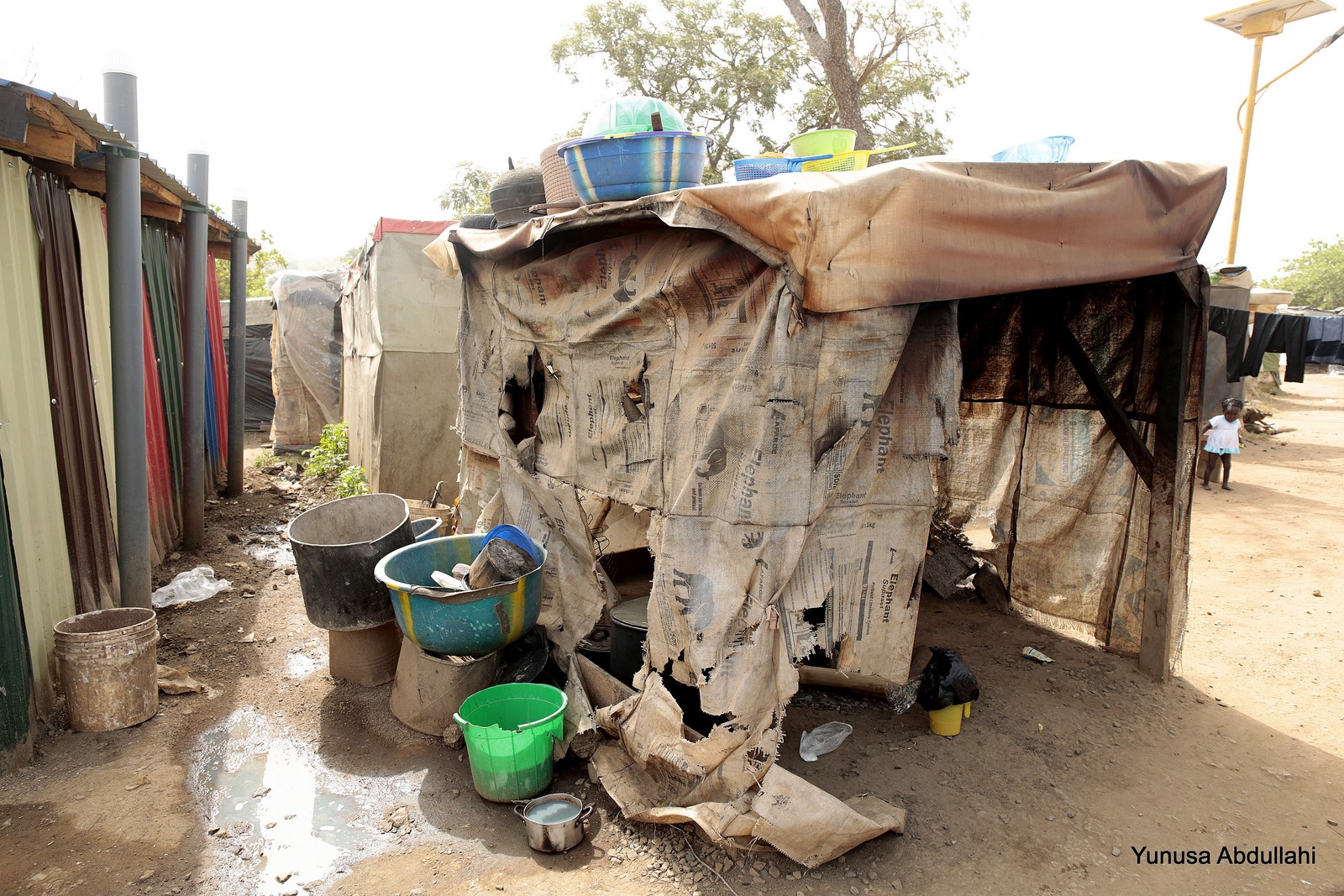
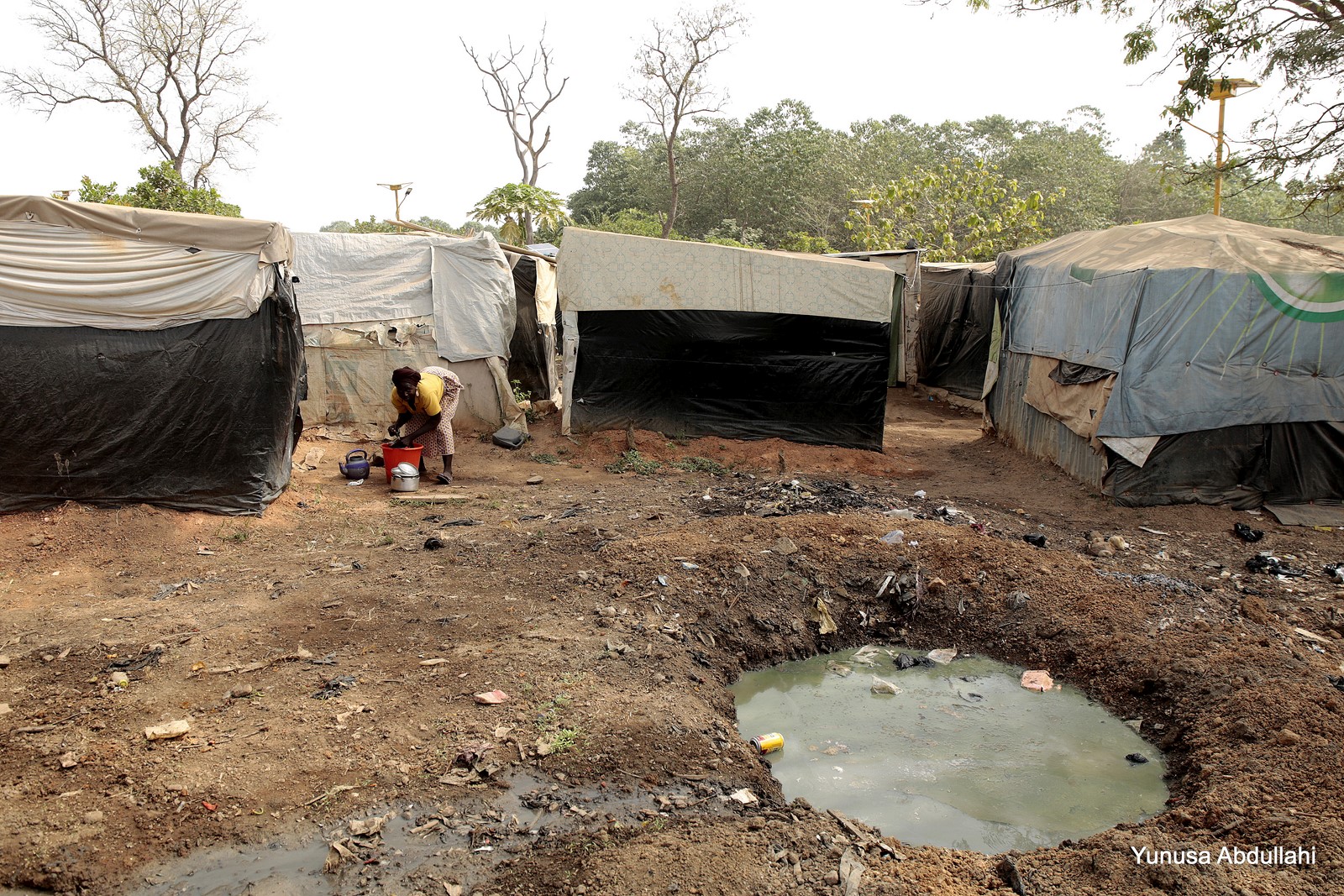
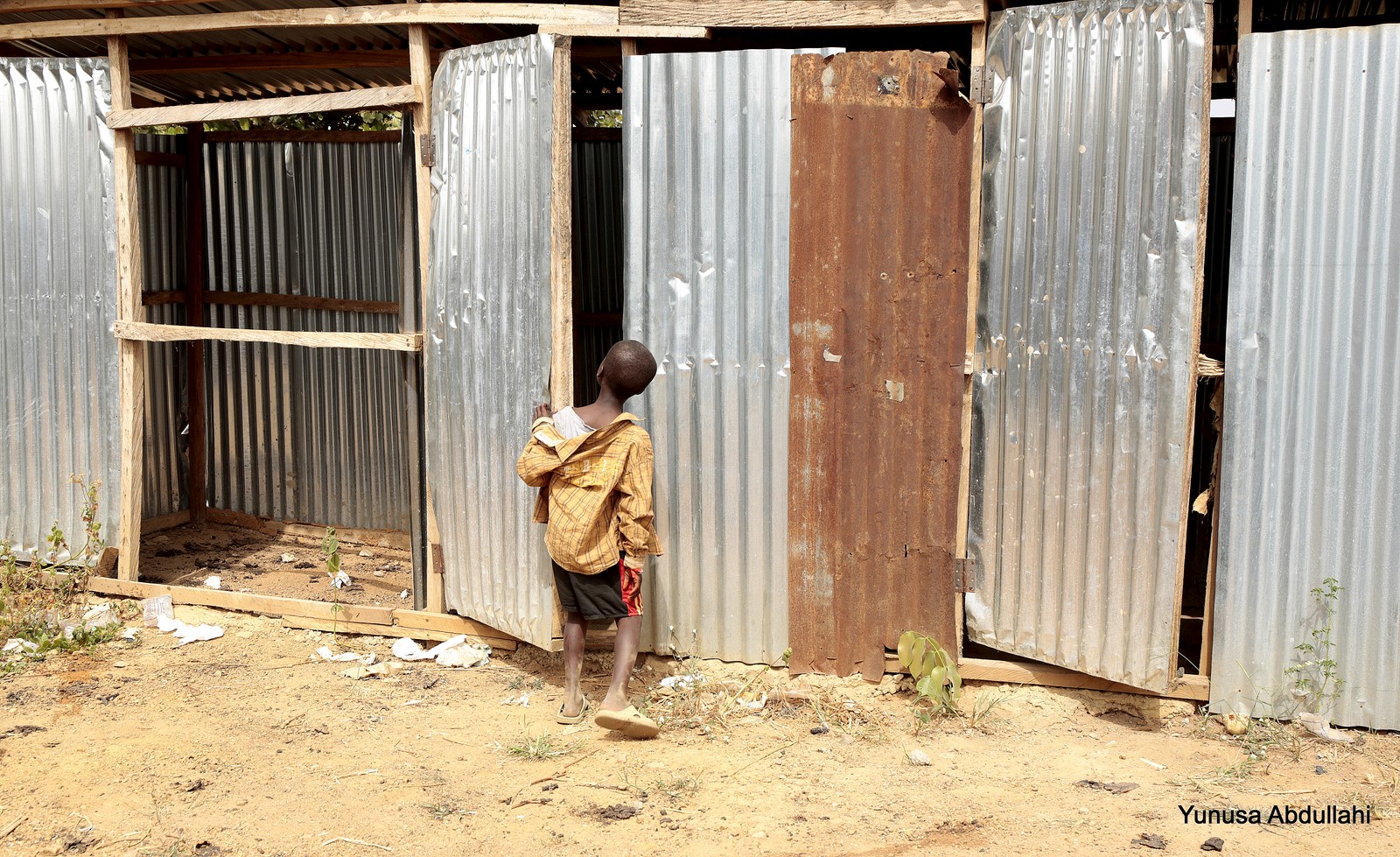
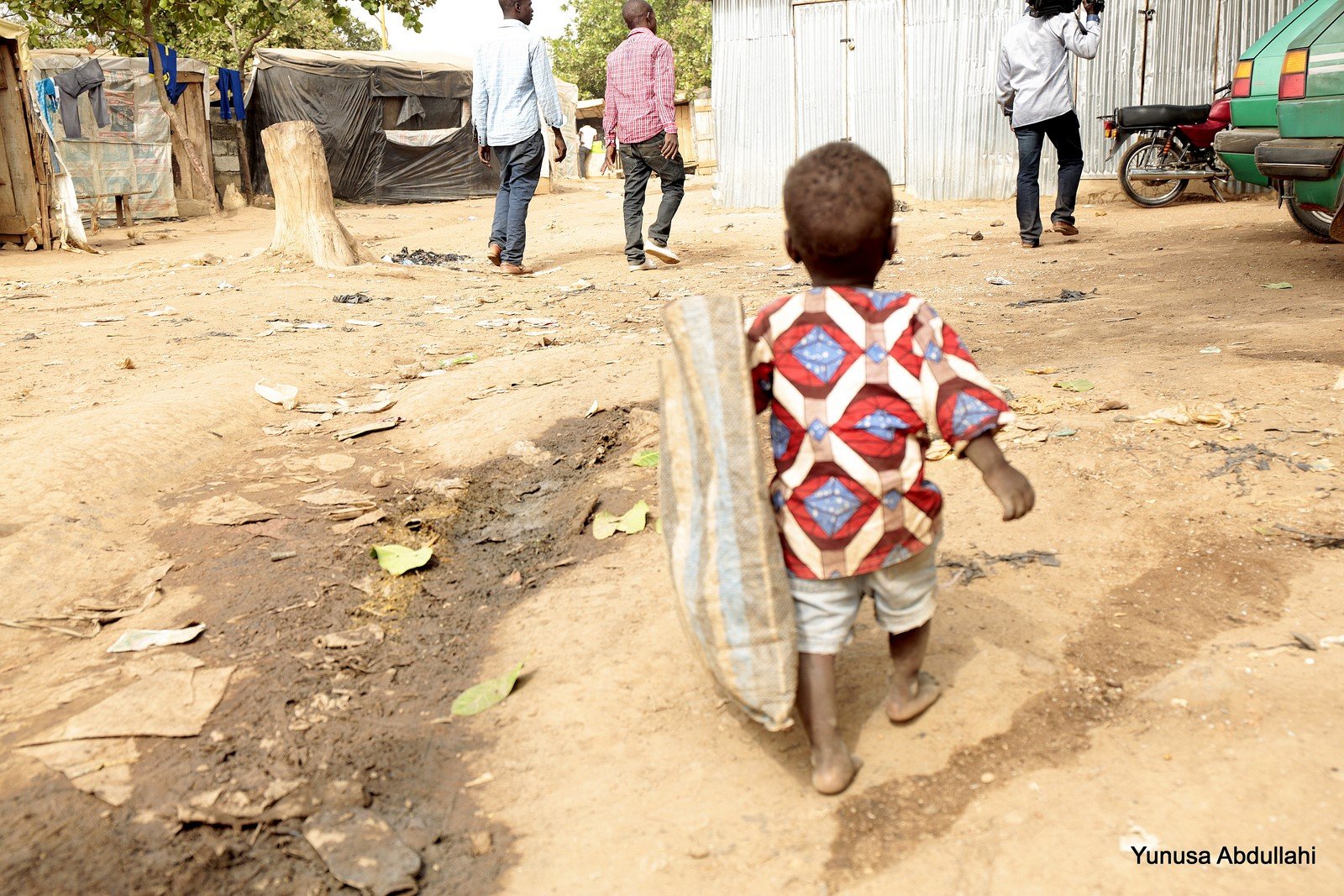
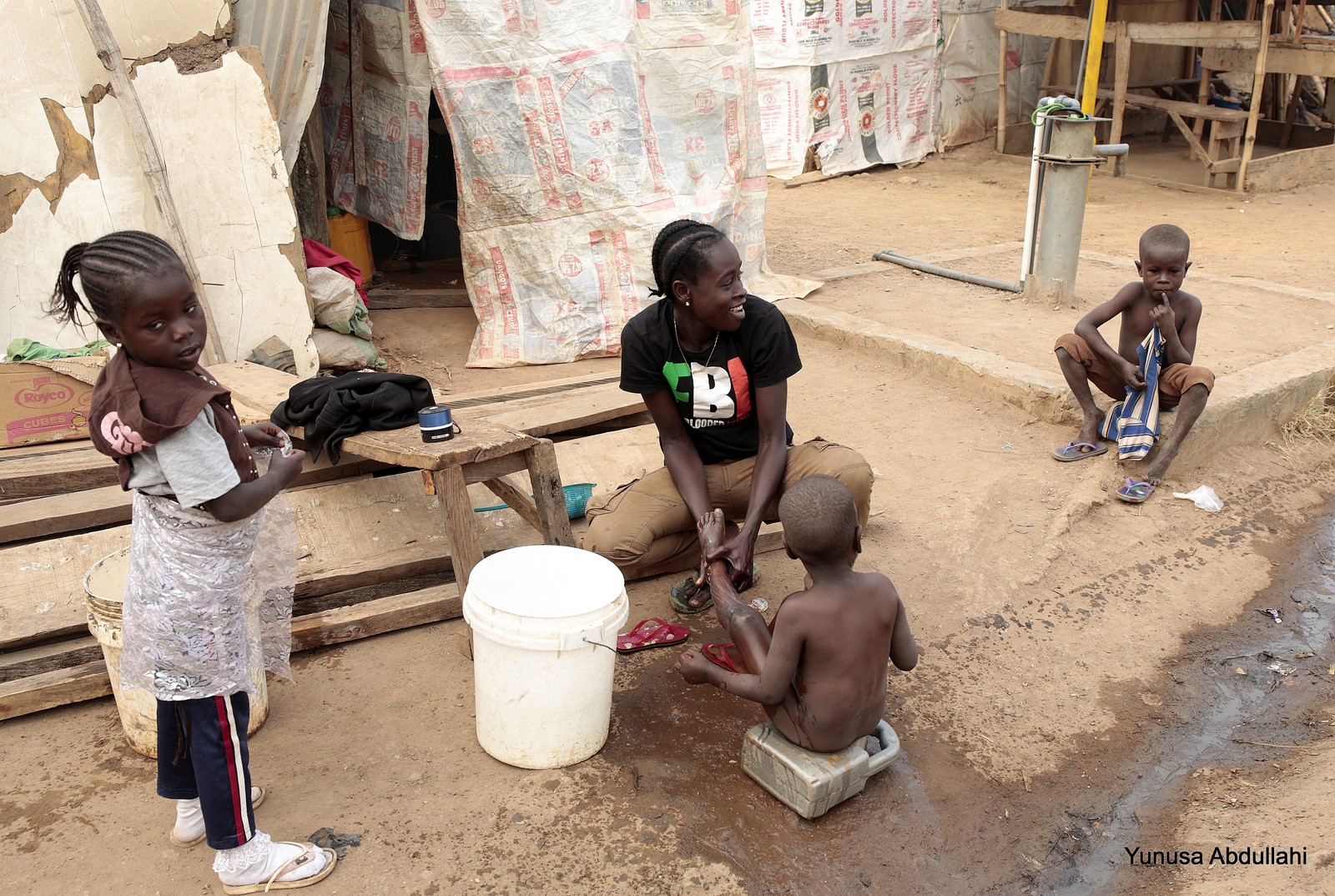
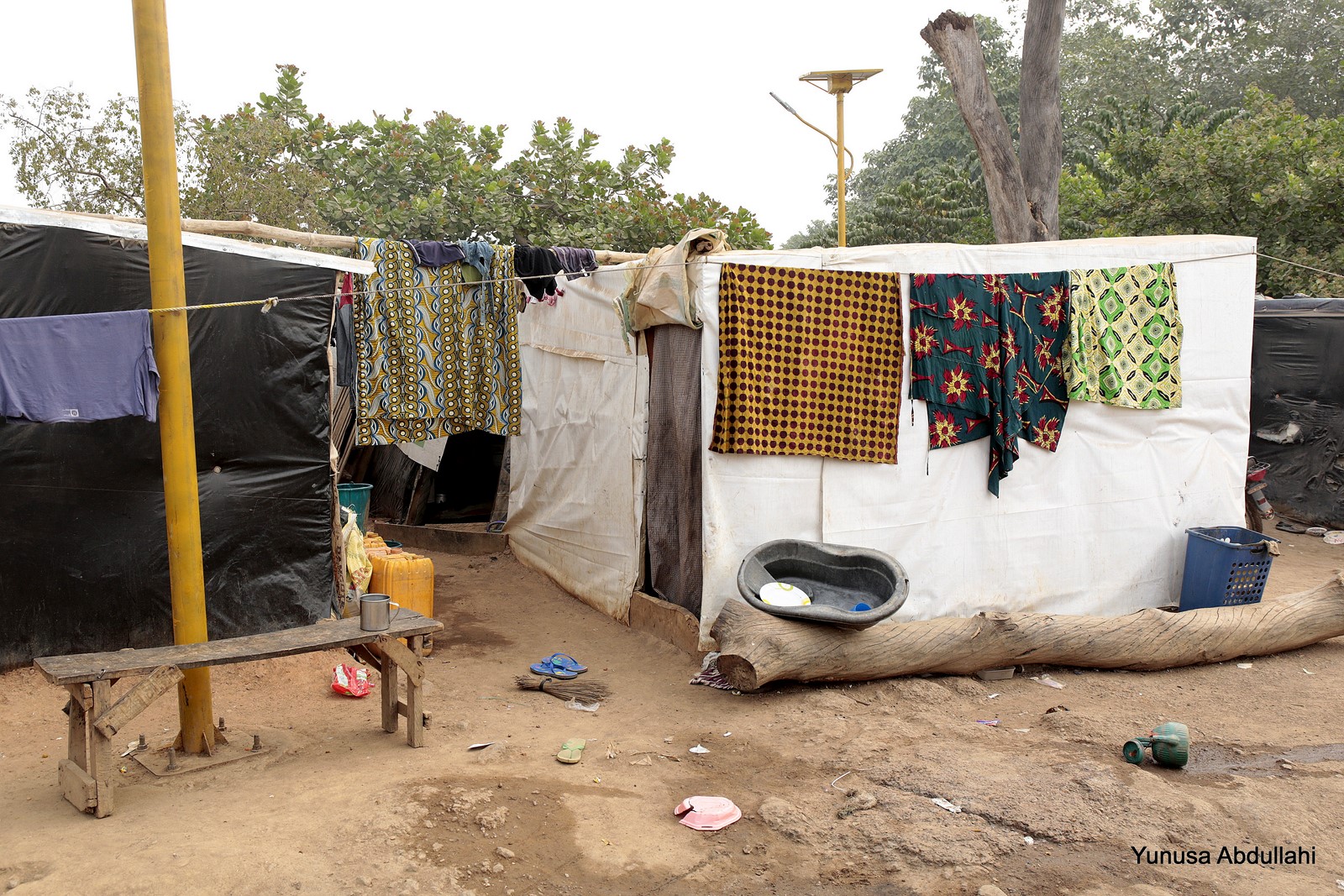
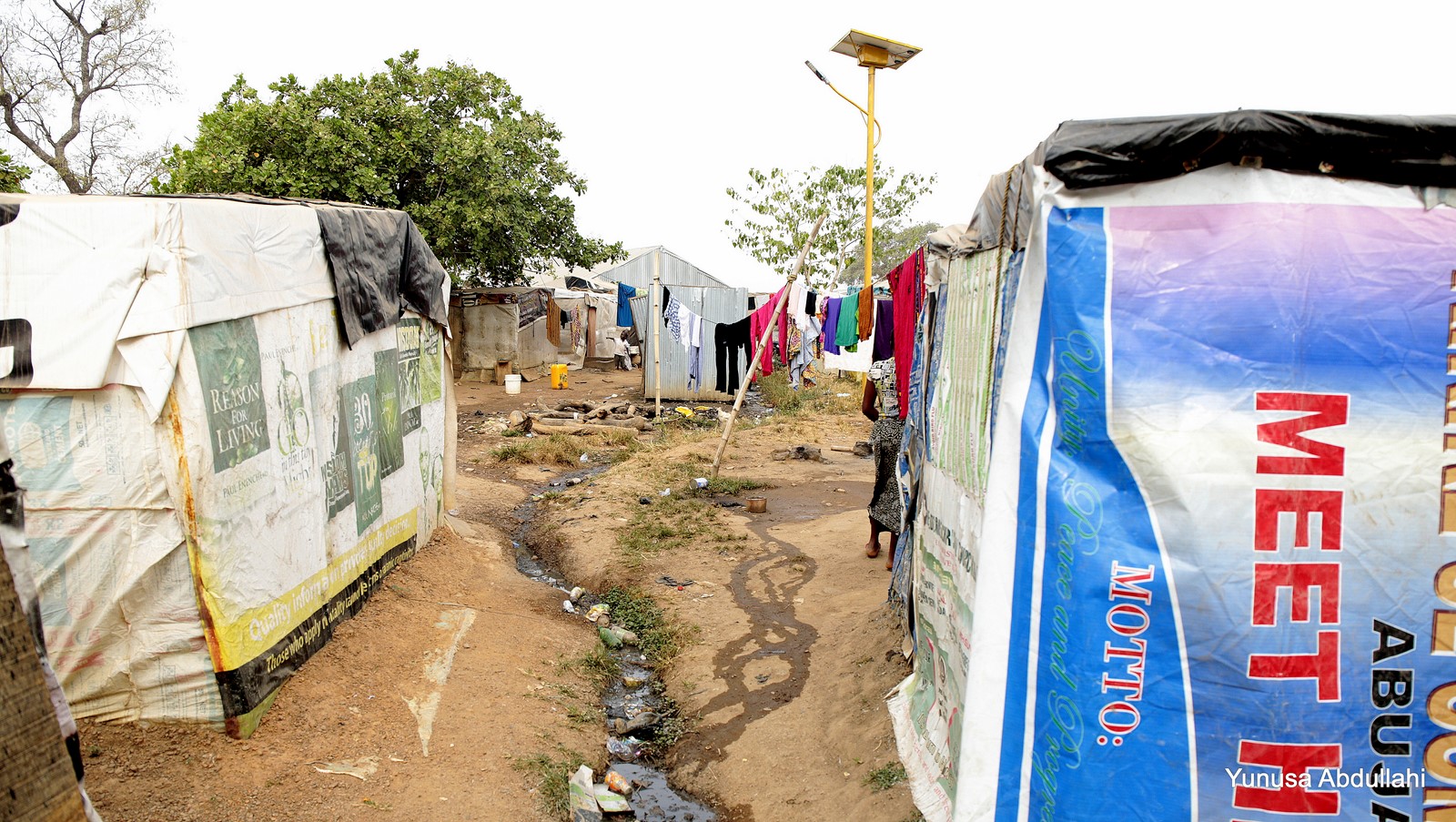
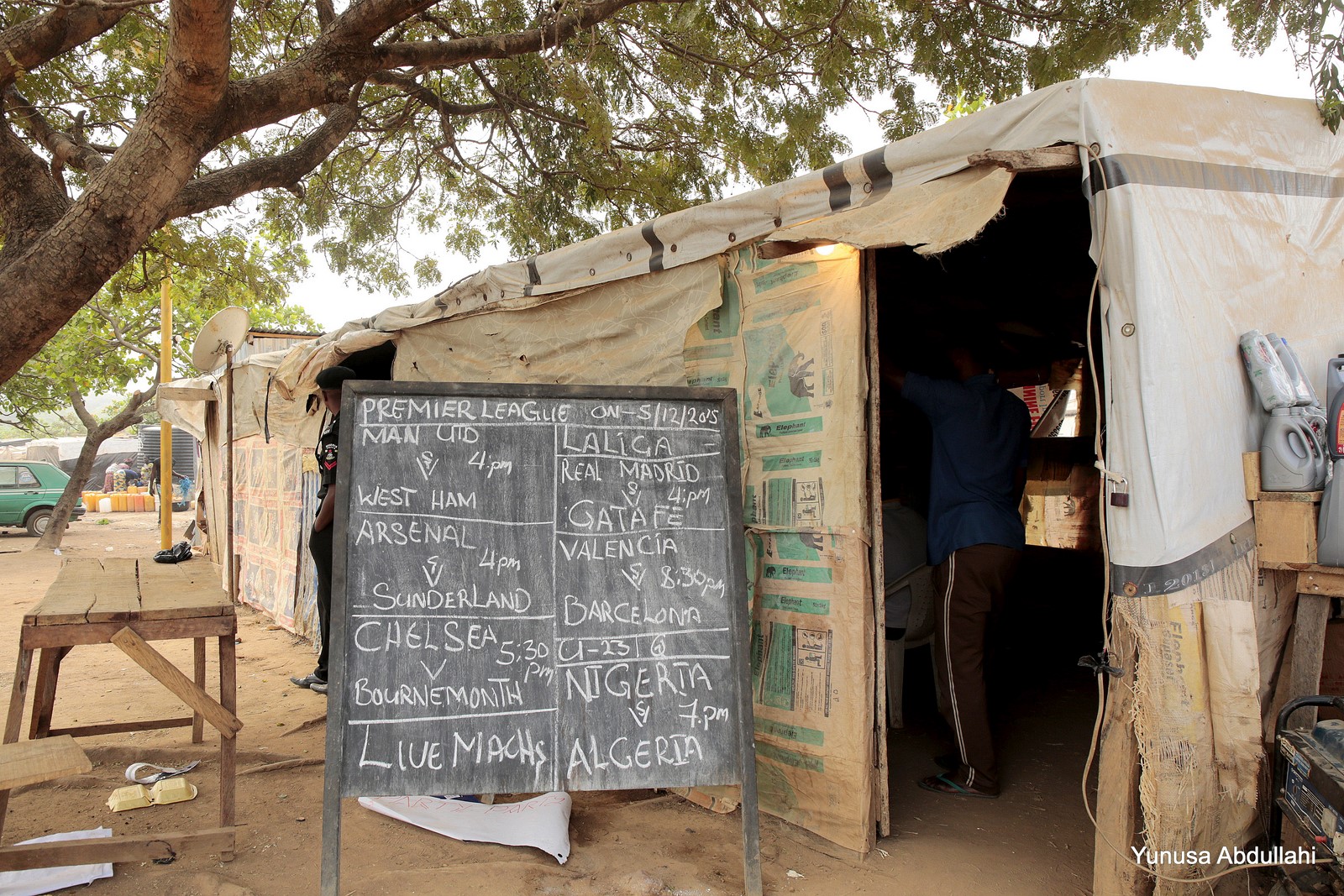
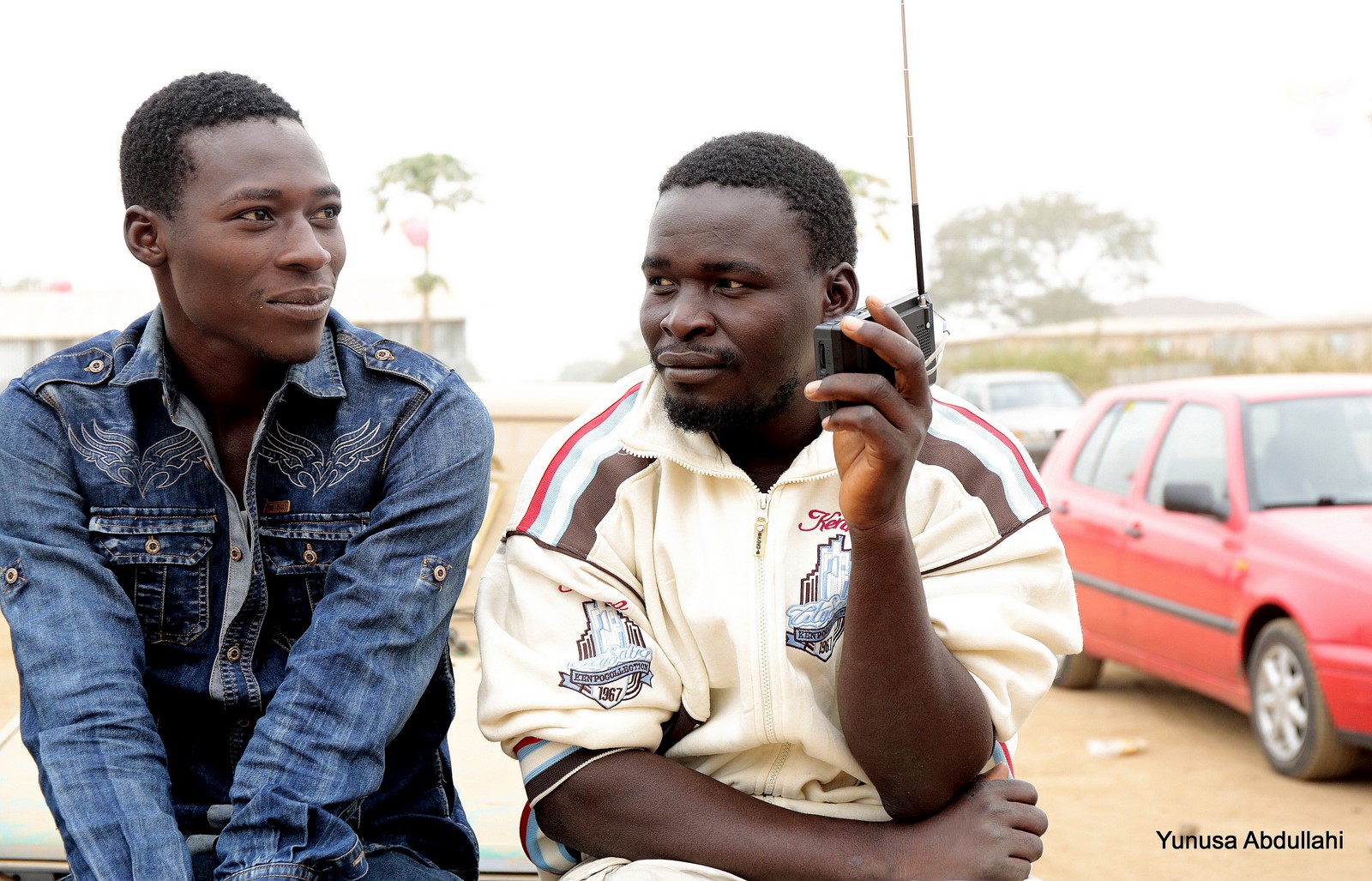
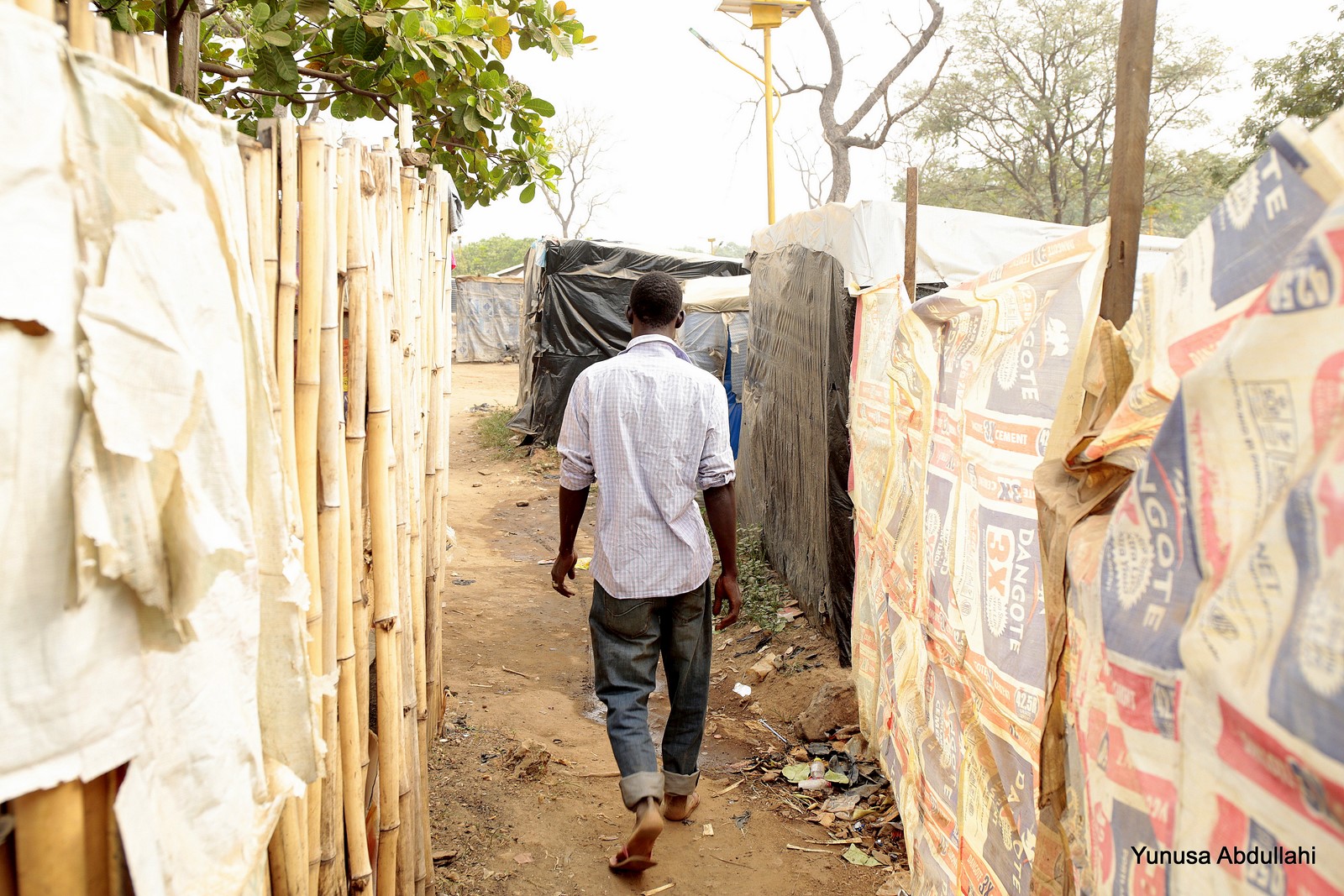
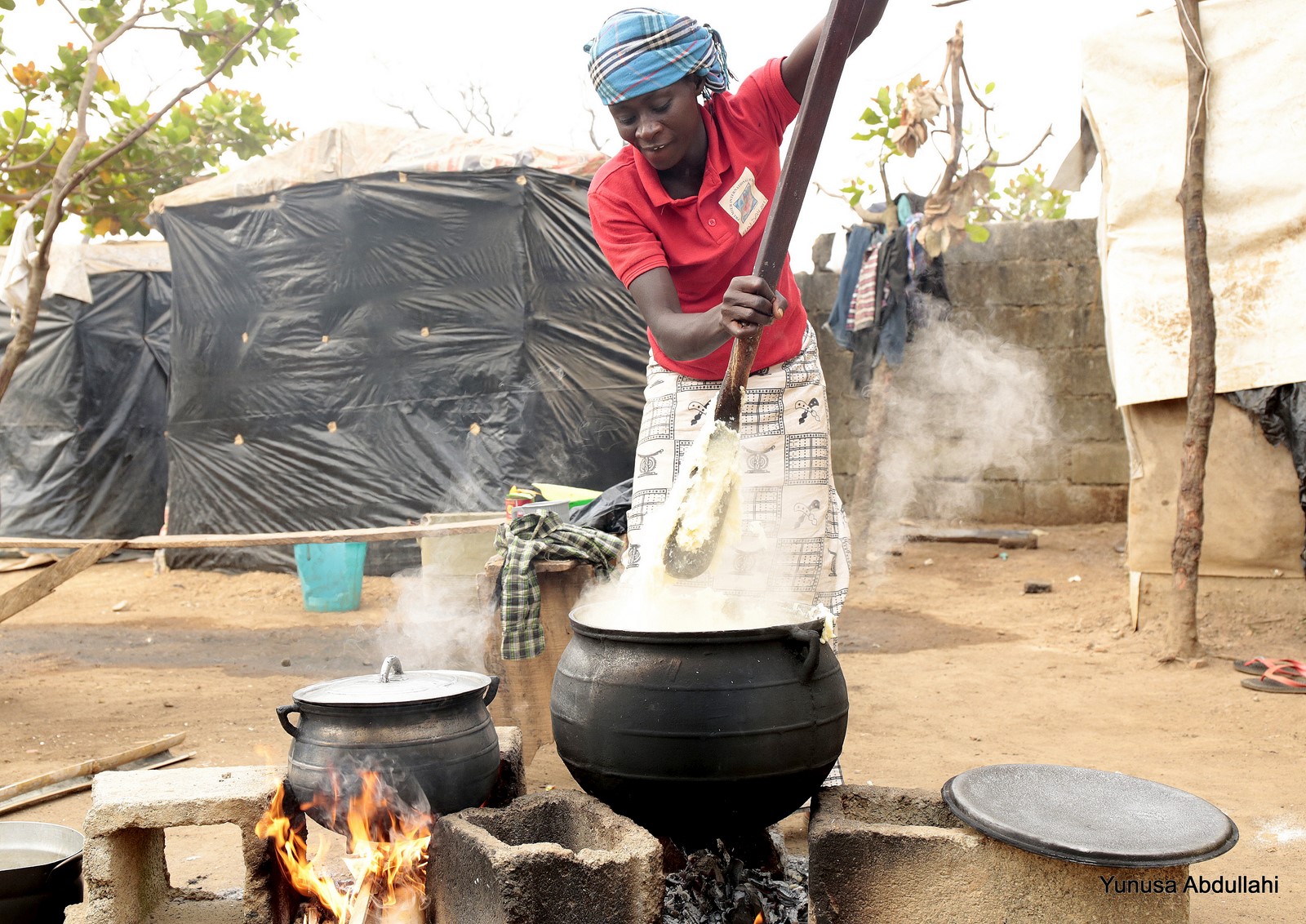
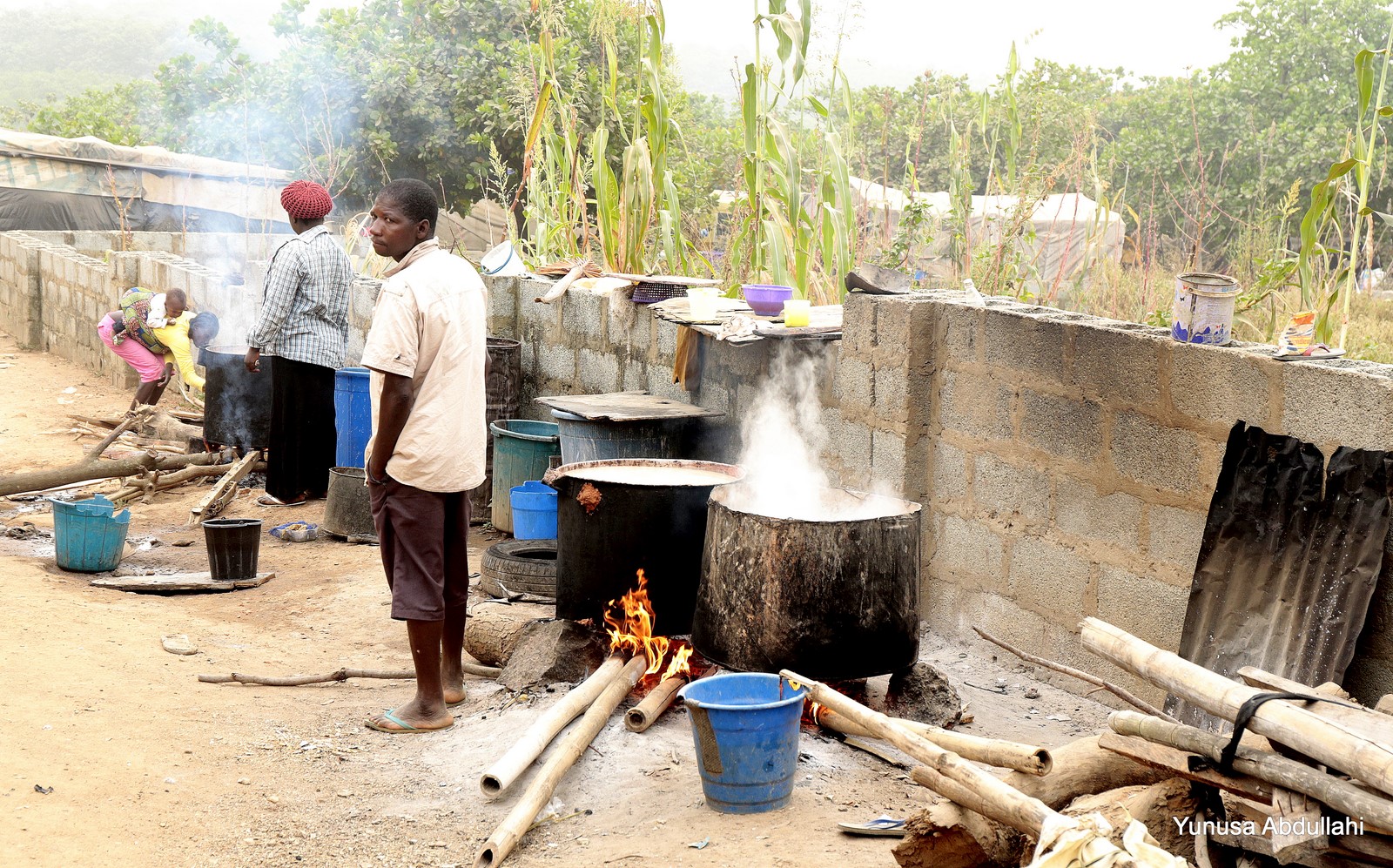

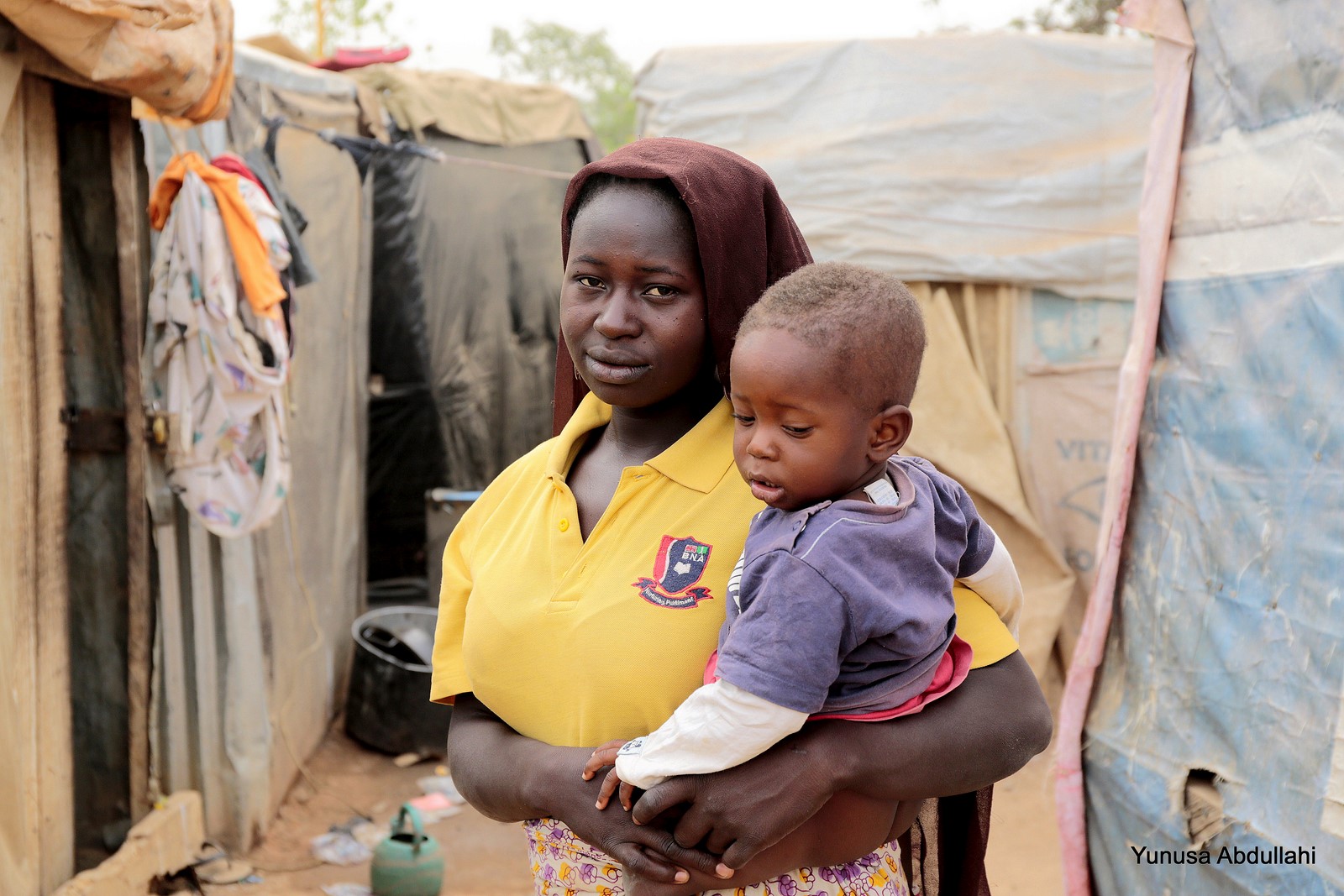
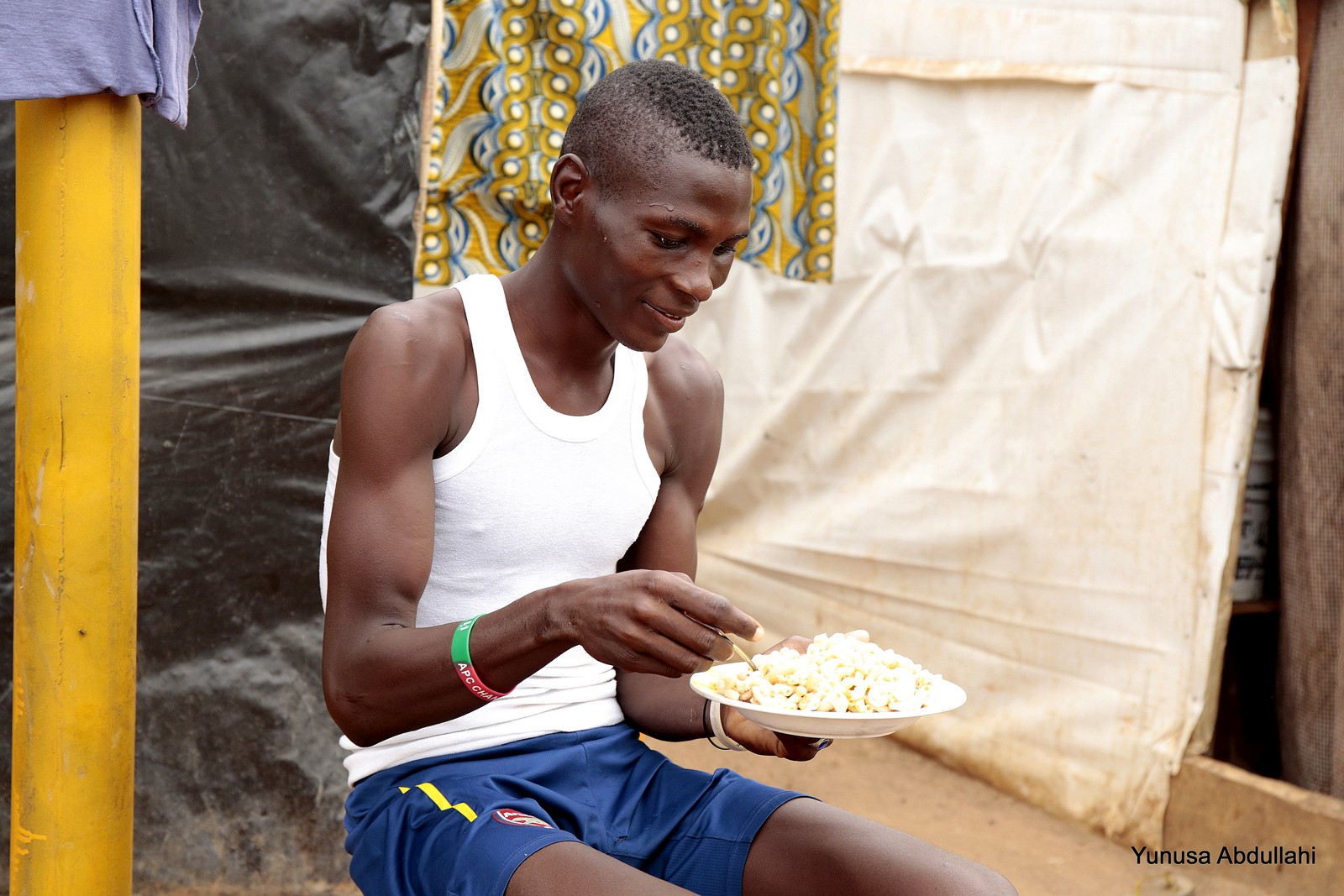
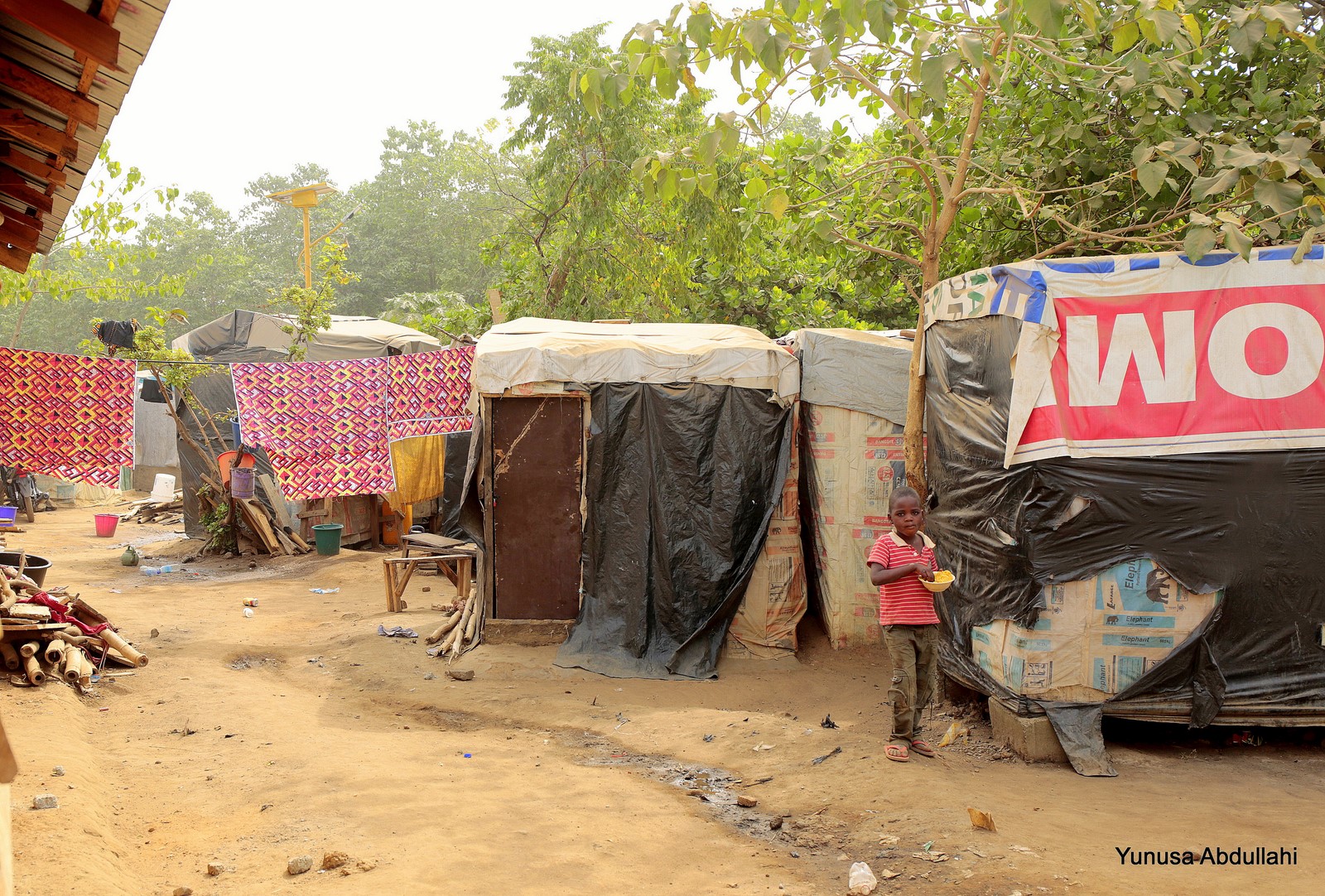
Add a comment
